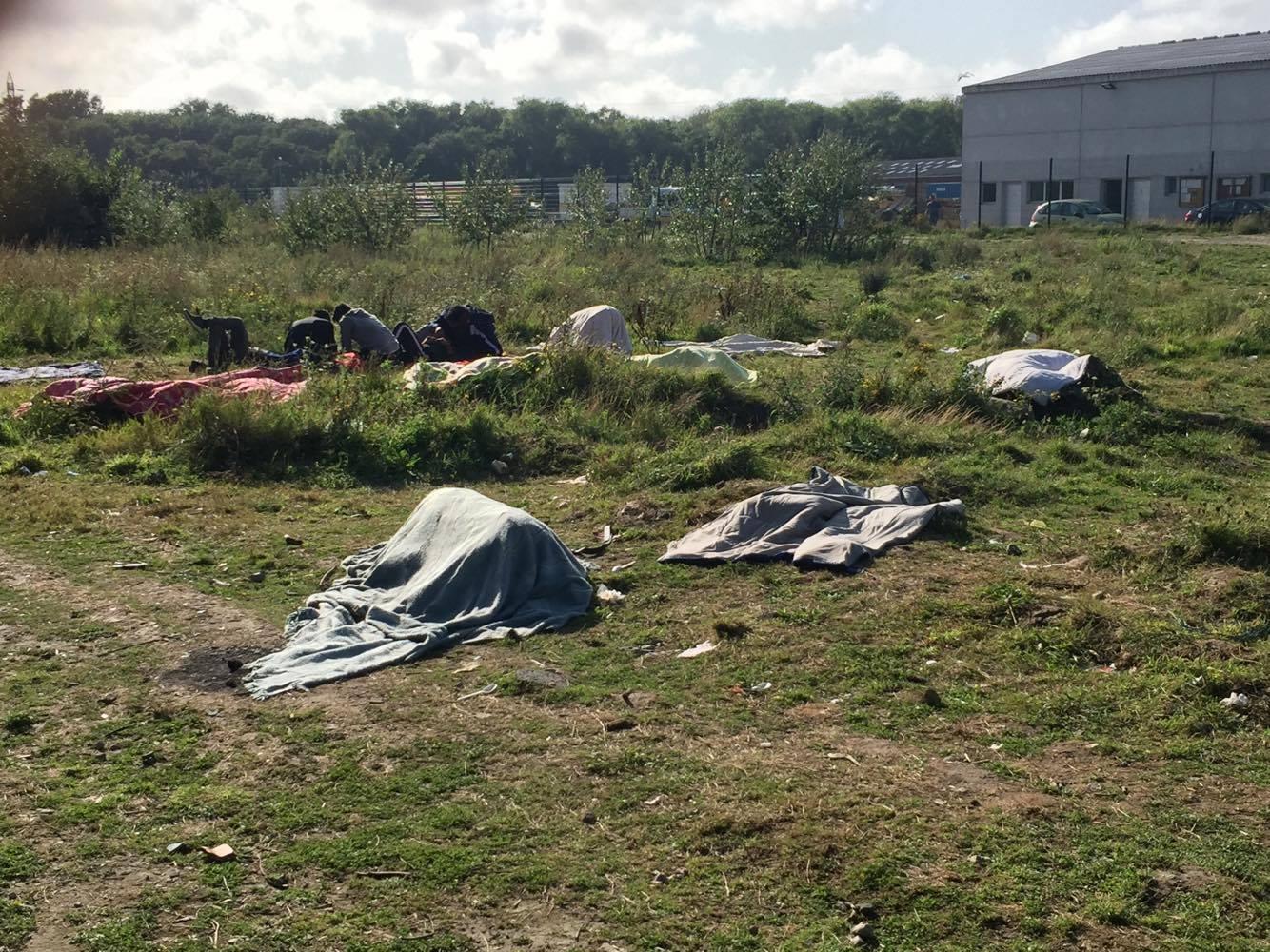Dubs amendment: Child refugees 'put in more danger' as court backs Government's refusal to take in more unaccompanied minors
Politicians and campaigners ‘very disappointed’ by verdict and warn it will create ‘field day’ for child traffickers

Campaigners have lost a court battle to force the Government to take the number of child refugees it was expected would be brought to the UK under the Dubs Amendment.
The amendment, passed in May 2016, required the Government to act “as soon as possible” to relocate and support unaccompanied refugee children in Europe. It was required to consult with local authorities to determine the number of children each council has the capacity to help.
Help Refugees, the charity leading the case, accused the Home Office of adopting a “seriously defective” process to measure the capacity of local councils to take in child refugees, after it emerged many local authorities were not properly consulted.
The Government announced in early February that it was to close the Dubs scheme after accepting just 350 minors. It later admitted that an “administrative error” led to 130 places for child refugees offered by local councils not being taken into consideration.
Freedom of Information requests submitted by Vice later showed that under the National Transfer Scheme, councils had voluntarily offered to accept 1,572 more children than they were currently supporting.
In June, Help Refugees asked the court to order the Secretary of State to consult local authorities again, urging that the Government reopen the Dubs Scheme.
Although the closure of the scheme has been described as “shocking” and “shameful” by MPs and campaigners, the High Court judgement confirmed the Dubs Amendment will remain closed.
Ruling on the case on Thursday morning, the Divisional Court said there was nothing that could show that the consultation process or the consideration of the results was unlawful.
“We are not prepared to hold that arrangements have not been made as soon as possible for this is not something within the control of the UK Government,” the judge said.
The Court accepted the Home Office’s argument that “the process of deciding who should be transferred was not one to which normal considerations of procedural fairness could realistically apply”.
Lord Alf Dubs, who himself was a child refugee, told The Independent he was “very disappointed” by the verdict, warning that the closure of Dubs will only lead to more children in precarious situations, with many falling prey to child traffickers.
“We went into this with high hopes. Based on the evidence I’m really quite surprised. I’ve spoken to lots of local authorities who are willing to take in more child refugees,” he said.
“I’m hoping the appeal will work. I’ve been in Calais and Greece recently and this only means more children will be living in the woods with their lives are on hold. More will turn to illegal routes and the traffickers will have field day.
“These youngsters don’t escape that there’s a pull factor, as argued by Theresa May. I don’t think the people living in the horrors of Syria, and caught up in conflicts in countries like Ethiopia and Eritrea come here because of Dubs.
“I’ve met some of the children who have come across through Dubs and they’re doing really well, one wants to do some work with me in Parliament, another one got top marks in school. I was given the warm welcome in Britain years ago and we should still be offering this to child refugees.”
Reacting to the verdict, Josie Naughton, founder and chief executive of Help Refugees said they were “bitterly disappointed” by this result, and said the charity intends to appeal the Court’s decision.
“At the time our litigation was issued, not a single child had been transferred to the UK under the Dubs Amendment,” she said. “Transfers began under the pressure of this litigation and under the pressure from campaigners and parliamentarians.
“We’ve unearthed 130 extra places, which the Government eventually admitted it had overlooked. These places for children are needed now more than ever. There are young unaccompanied children sleeping rough in Europe completely unprepared for the coming winter. We intend to appeal.”
A Home Office spokesperson said: “This judgement has confirmed that the consultation conducted last year on the Dubs Amendment and its implementation was lawful.
“We remain committed to transferring 480 children from Europe to the UK under section 67 of the Immigration Act. We have accepted further referrals this year and transfers are ongoing. We will continue to work closely with EU partners and local authorities to transfer eligible children here quickly and safely.
“In addition, our wider focus remains helping those in need of international protection in the region, which is why we have committed to resettle up to 23,000 refugees from the region – almost 9,000 are already rebuilding their lives in the UK – and pledged £2.46bn to the humanitarian response to the Syria conflict.”
Join our commenting forum
Join thought-provoking conversations, follow other Independent readers and see their replies
Comments